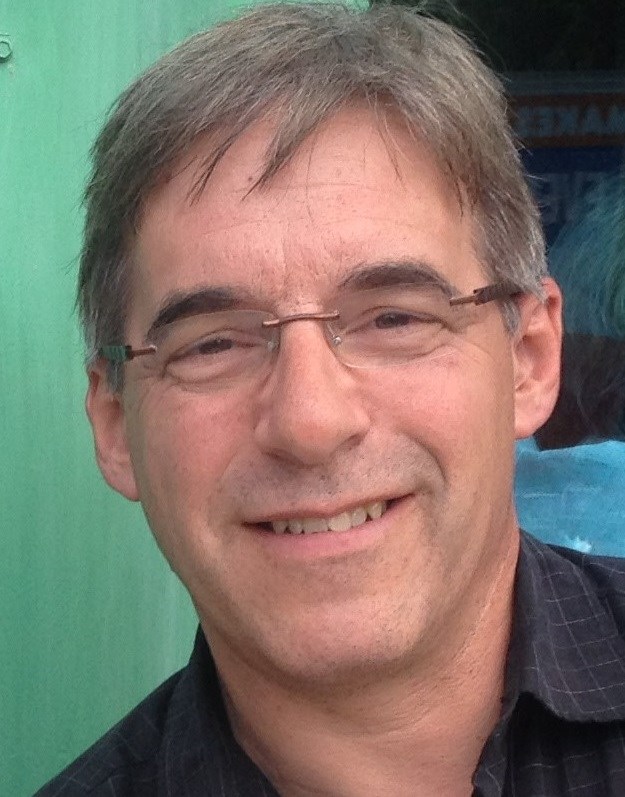Last updated: February 11, 2021
Article
Michael Balen Looks For How and Why

What's your name and job title?
Michael D. Balen, Construction Program Manager with Construction Program Management Division (CPMD).
Does curiosity and wonder play a role in being an engineer? If so, how does it impact you and your work?
Curiosity definitely plays a role for me and is one of the main reasons I chose the engineering field as my line of work. From the time I was old enough to walk, I was attracted to learning about the "how" and "why" things worked the way they did. From how mountains were formed, to how rivers work, to the inner workings of an old clock, and the mechanics of a butterfly’s flight; I was perpetually intrigued by the unanswered questions. In my current work, I always approach things from a wholistic level and ask; what can I do to make things better not only for myself, but for my colleagues, the agency I work for, and the beneficiaries of the work the agency performs. In other words, when I see a problem, I’m driven to find ways to fix the things that are wrong to try to improve as much as possible for those affected by that problem.
What is one of your favorite facets about being an engineer? Or what might surprise people about being an engineer?
Engineers, by training and by nature, gain a unique perspective of their world. By nature, engineers are problem solvers, but also are keen observers of nature and environment. They are the makers of "dreams come true." Without engineers, there would be no Mars rover, no electric cars, no microwave ovens, no tall buildings, no flush toilets, and no iPads, to name a few. Engineers and the practice of engineering touch every aspect of life on planet earth and make everything we take for granted possible.
What is one of your favorite park projects that you've worked on and why?
I love building bridges. I’ve built many both virtual and physical. The virtual bridges I’ve built involve bringing people together from a variety of perspectives into one common understanding. A few years ago, I became involved in a highly controversial project where the local citizenry was convinced our team was up to no good because they didn’t trust the federal government. After much hard work, the community eventually rallied to support and cheer the work we were doing, which ultimately delivered significant real benefits to them and the surrounding landscape. Another project I worked on involved the construction of five highway bridges. I was the lead engineer responsible for all construction management including logistics planning, supervision, and oversight of actual construction work. Additionally, I spent a significant amount of time running the heavy equipment needed to construct the bridge abutments.
Tell us about a unique or special technology or practice that you've had the opportunity to experience working with or using in your career? What problem did it solve?
I used inductively coupled plasma (ICP) geochemical analysis to determine the composition of rock samples that were collected for the purpose of mapping and understanding the geology of mineral deposits. Use of the technology allowed me to develop complex models of the value of the mineral endowment and the mineral development potential of large tracts of land throughout the state or Alaska. After detailed analysis of mineral data, I was able to build an economic development potential topographic surface that covered the entire state of Alaska to show in a probabilistic manner where the highest likelihood existed for successful economic development.
If your older self gave your younger self advice, what would it be?
Start earlier, work harder, and learn as much as you possibly can when you’re in your 20s. Always think outside the box.
